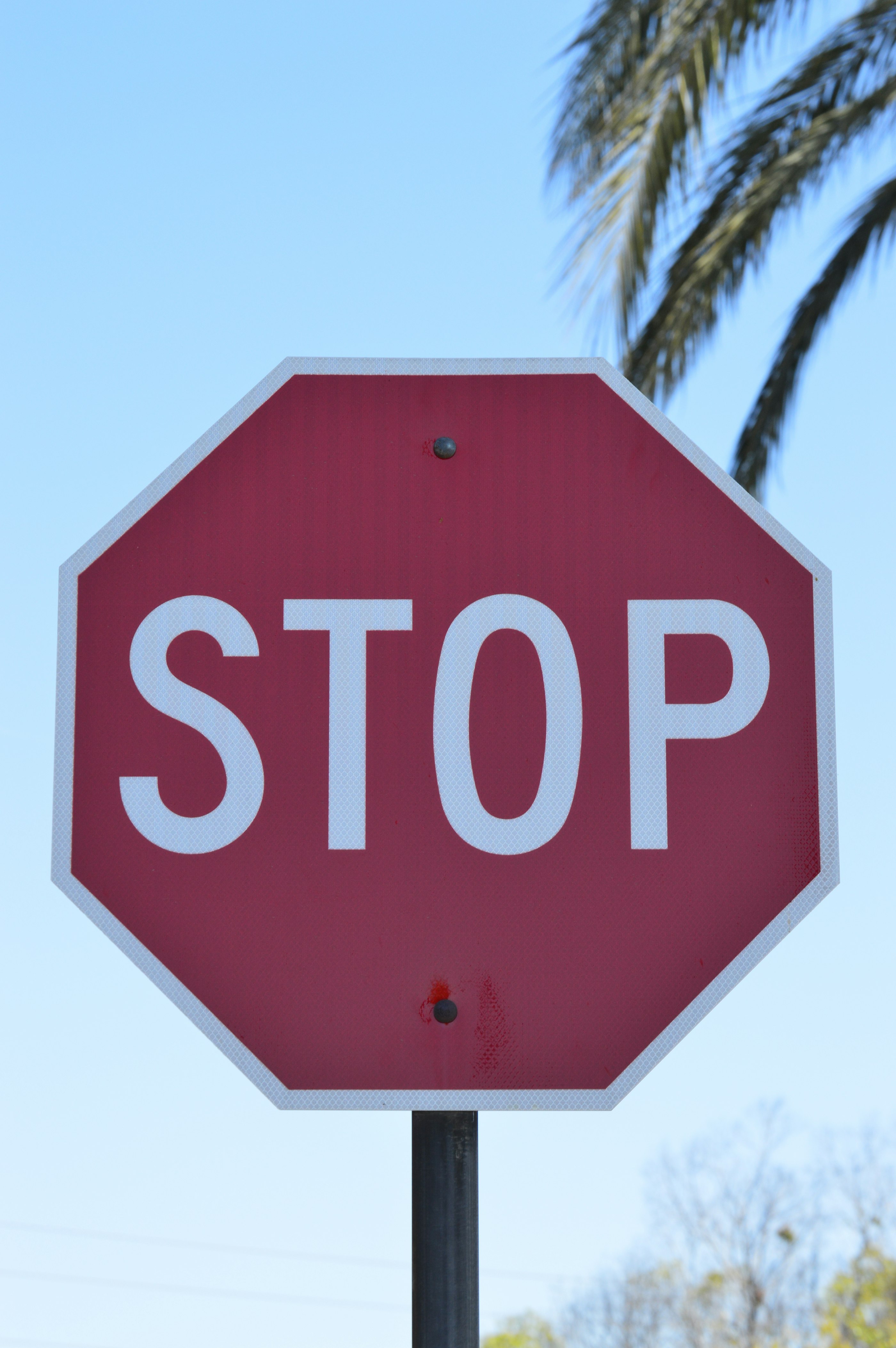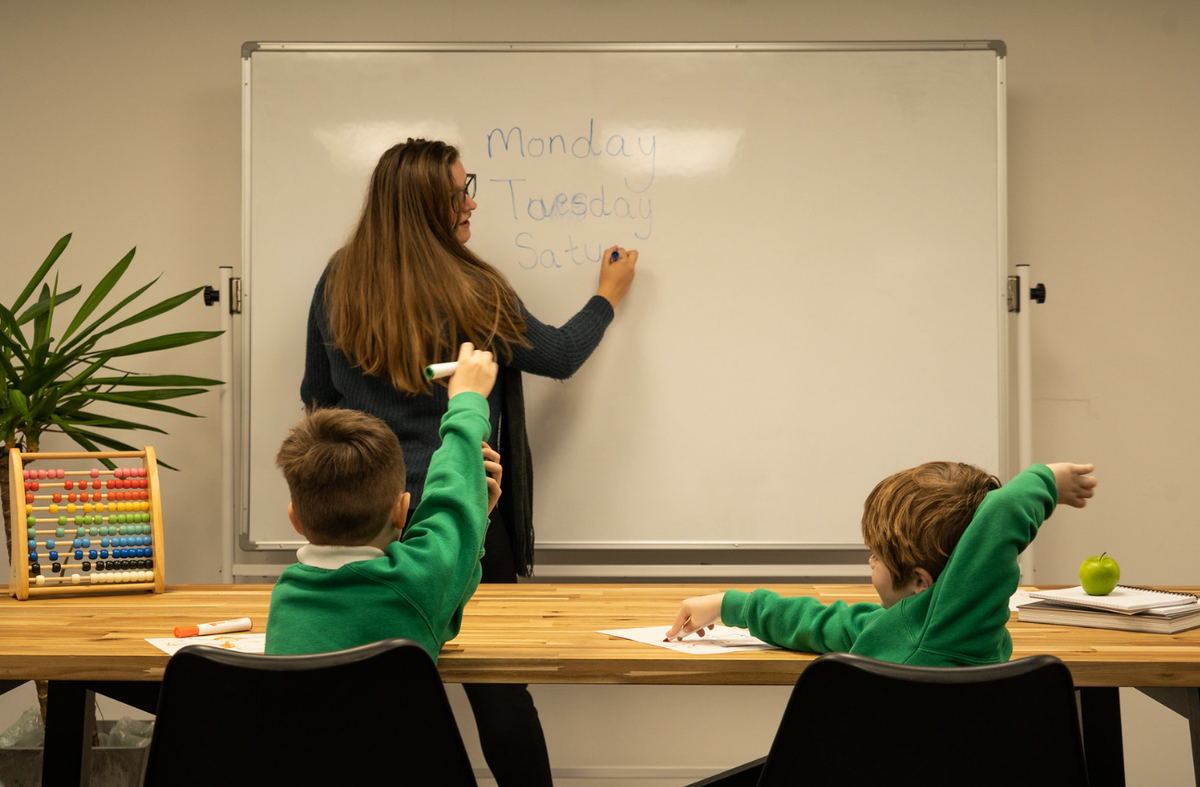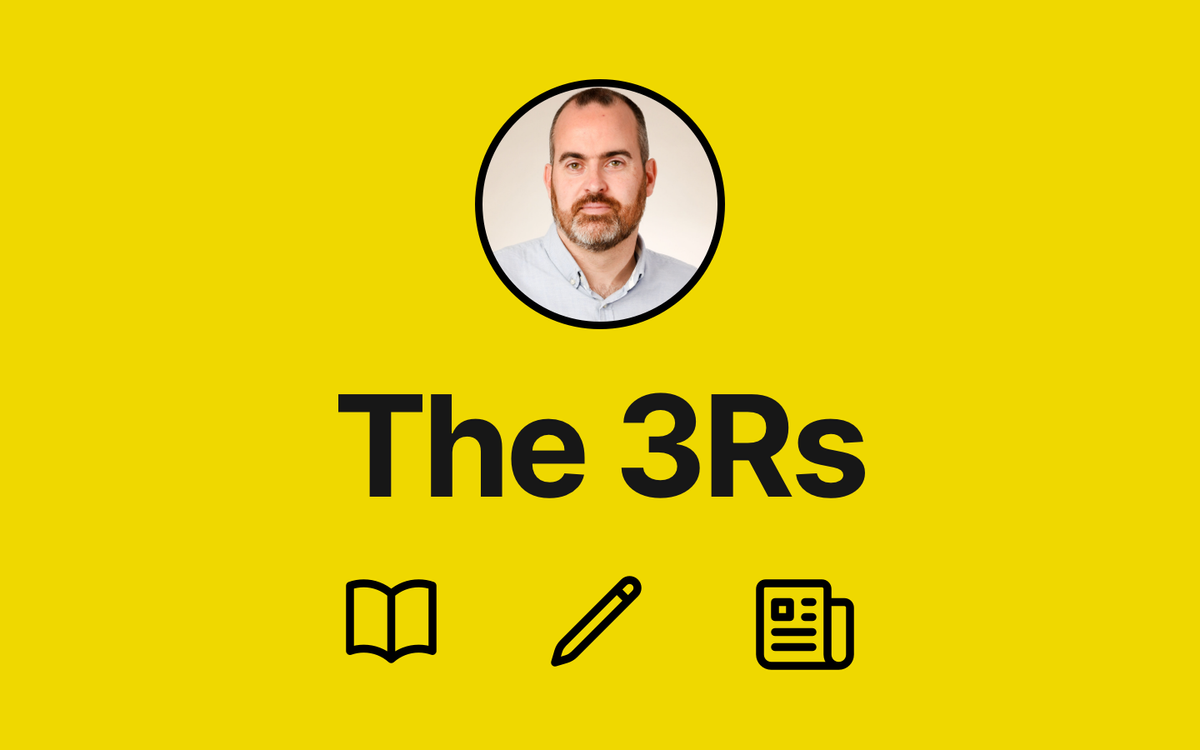“In education, the only way to improve is to stop people doing good things, to give them time to do even better things.”
Dylan Wiliam
It appears like a trite piece of advice – ‘stop doing stuff’ – but in practice it is really hard to do in any walk of life. In schools, it may be hardest, given getting it wrong can have important consequences for children.
Why can it be so difficult to stop doing good things?
Well, we are emotionally invested in our existing things. At some point, often with much deliberation and effort, we made a choice and sunk our energies – even our sense of self – into doing the thing. Our reputation can becomes aligned with the thing. On the simplest level, the stuff we are doing in support of the thing becomes an ingrained habit.
Dylan Wiliam talks sagely about the value of stopping doing some good things, to do better things.
Dylan’s argument for reducing our efforts on marking is particularly salient. Marking as a thing teachers just do and it is nothing new. For decades, it has been wrapped up in the daily habits of teaching. A few years ago now, marking madness took hold. Coloured pens and triple marking reigned.
Then many saw the light and teachers were asked to do less marking. Maybe it was Ofsted bursting the myth of marking; perhaps it was research evidence that punctured the bubble. But a new mandate was offered for schools to stop doing this good thing, to do better things.
Digging into the evidence for what good things to stop
In the last week, the Education Endowment Foundation, released an evaluation for all of the school improvement programme ‘Achievement for All’, or AfA. The large scale trial involved 134 schools and 6338 pupils.
AfA is a school improvement programme whose approach is to provide planning support, time with Achievement Coaches, ongoing monitoring and progress reviews, and more. It all sounds eminently sensible. A good thing.
Crucially though, a highly rigorous randomised controlled trial found that children in the treatment schools made 2 months’ less progress in Key Stage 2 reading and maths assessments.
Schools were no doubt working harder. But more progress meetings, more coaching, more school improvement input, had a counter-intuitive negative impact.
The independent evaluation brought this to light, whilst I’m sure many school leaders were surprised working harder on more school improvement activity worsened pupil outcomes. It should give us all pause to consider the impact of our good and better things.
And so we return to Wiliam’s sage advice: doing fewer things as school leaders may allow for better things to be done well. Freeing up time and space may be the only way to allow for improvement.
We are left with the question: what good things should we stop, so that we can do even better things?






Comments